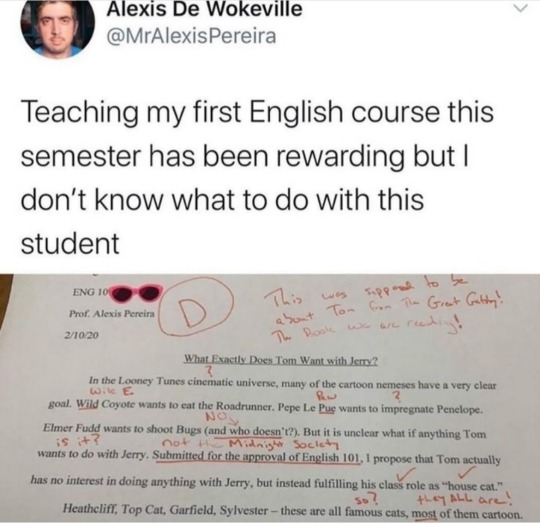#Teaching
Text
#poems#the story so far#jenna coleman#zarry#teaching#nct#rouxls kaard#lucia javorcekova#eddie brock#lisa marie presley#sonic fanart#free verse#legally blonde#dark academia quotes#home decor
129 notes
·
View notes
Text
The Sultan, they said, was a good man. Soft, quickly moved to tears. Out of compassion, he bought the freedom of a Christian woman's stolen daughter. Even Walther von der Vogelweide, the minnesinger in distant Germany, praised the "mildness" of the powerful ruler in the Orient, whose name has a good reputation in the West: Saladin, a righteous man.
He was a man who always kept his word, even to his enemies.
He let his subjects drag him to court, because God's laws applied equally to everyone. Also for him, the ruler who managed to do what no one had ever managed before: to unite the Islamic world of the Middle East after centuries of discord and to wrest Jerusalem, the holy city of the Muslims, from the Christians in 1187.
His name translates as "righteousness of faith", and Saladin is indeed a devout Muslim. Nevertheless, after his conquest of the Holy Land, he allowed the Christians and Jews there to continue praying to their God. This is another reason why, more than half a millennium later, Western Enlightenment thinkers would make him the epitome of the tolerant ruler.
But this al-Malik an-Nasir Salah ad-Din Abu'l-Muzaffer Yusuf ibn Ayyub ibn Shadi, known as Saladin for short, also had other sides.
He could be treacherous, vile and mean. He did not shy away from murder. Nevertheless, this man fascinated his contemporaries. He became one of the most revered rulers of the Islamic world and the most important opponent of the Crusaders.
Saladin was born in 1138 in Tikrit (in present-day Iraq), the son of a Kurdish officer. During his political career, Saladin was the first to bring Egypt's army under his control.
Saladin, a Sunni, now founds two universities where theology is taught according to Sunni theology - a signal that he is on the side of the population. He also abolished a number of taxes that contradicted the Koran and the teachings of the Prophet.
Saladin's subsequent conquests shock the Christian world. By 1174, his power extended from North Africa to the southern tip of the Arabian Peninsula. In 1186, he ruled from the Nile to the Tigris.
At the height of his power, the Sultan even dreamed of taking the Holy War to Europe, conquering Rome - and putting the Pope in chains.
The Crusaders conquered Jerusalem in 1099 and held it until Saladin besieged it in 1187 and handed it over to the Ayyubid dynasty, a Muslim sultanate that ruled the Middle East at the beginning of the 12th century.
Saladin wanted to recapture the city, which had previously been ruled by Muslims.
For Muslims, Jerusalem is a place where important events in the life of Jesus and other important personalities took place. It is also the place where the Prophet Mohammed ascended to heaven according to the traditional interpretation of the Koran and other texts.
In Sunni Islam, Jerusalem is the third holiest city after Mecca and Medina. Muslims believe that Muhammad was brought to Jerusalem during his night journey (Isra and Mi'raj).
The name Jesus is mentioned twenty-five times in the Holy Qur'an, often in the form 'Isa ibn Maryam, which means "Jesus, son of Mary". In the Quran, he is given the unique title "Messiah" (al-masih in Arabic), which means "anointed one". He is considered one of many prophets from the lineage of the Prophet Ibrahim, or Abraham (peace be upon him). Many Muslim traditions regard it as an ideal example of spirituality. Unlike Christians, who generally believe in a triune God, Muslims believe that Jesus was a great prophet who was to lead mankind on the straight path of monotheism and obedience to God (Allah).
When Jerusalem also fell, two kings and an emperor set off for the Holy Land with their armies from 1189 onwards. One of the monarchs is King Richard I of England. Even before the armed pilgrimage, he had already earned himself an honourable name: "Lionheart."
Saladin lies in wait for the Christians in the forests of Arsuf near the Mediterranean coast. But King Richard of England had anticipated the attack; on 7 September 1191, his troops won a clear victory. Nevertheless, the Muslim army is still strong enough to block the road to Jerusalem.
Saladin's reconquest of Jerusalem in 1187 prompted Pope Gregory VIII to organize the Third Crusade. From 1189 to 1192, Saladin lost Acre and Jaffa and was defeated in the field at Arsūf. The Crusaders retreated to Europe without seizing Jerusalem, but Saladin's military reputation had been damaged. He died in 1193.
#learn about history#studyblr#religion#religious studies#crusaders#history#oriental#history of crusade#Saladin#king baldwin iv#kingdom of heaven#history of Jerusalem#Islam#christianity#history of Religion#teaching#books#booklr
25 notes
·
View notes
Text




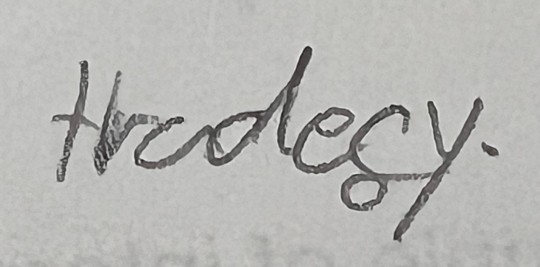
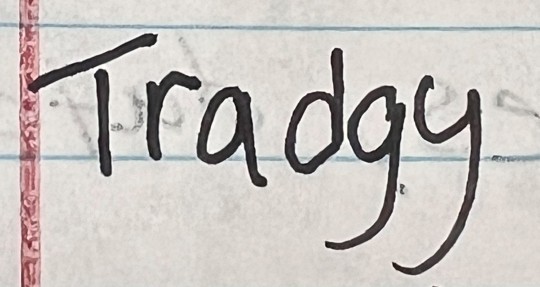
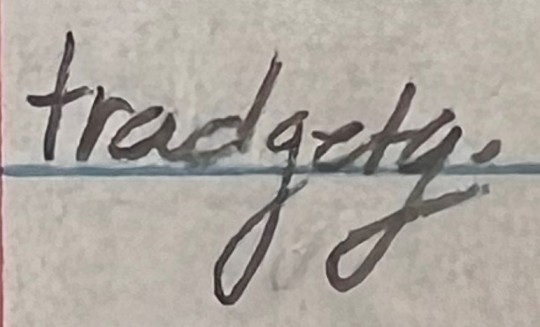
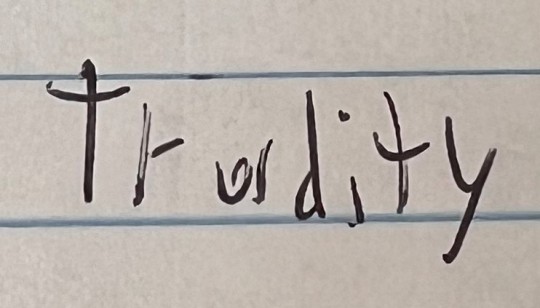
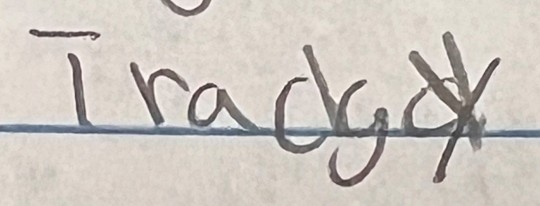
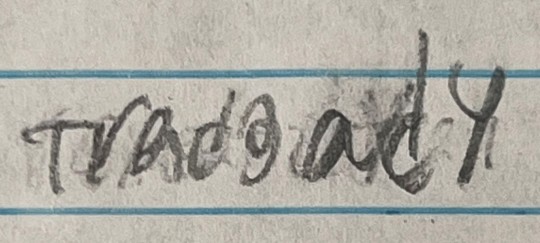





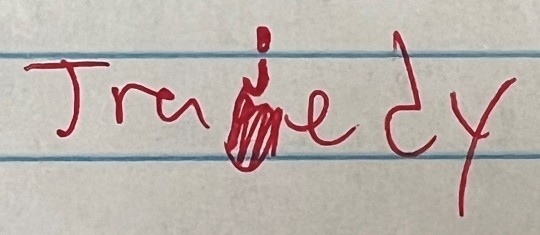




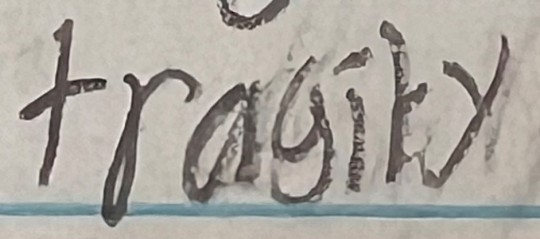
Another year, another group of my delightful ninth graders trying to spell the word "tragedy" for their Romeo and Juliet assignment.
Last year's collection
#i started questioning how to spell it myself#but again... at least they knew the right answer#i love them endlessly#teacherblr#teacher life#teaching#english class#english teacher#grammar#literature#romeo and juliet#shakespeare#william shakespeare#language#tragedy
43K notes
·
View notes
Text
So I ended up with free time at the end of my first class today, so I was like "do yall wanna see a vintage meme?" and turned on "what does the fox say". Expected like. A laugh from the kids, or even just a "wtf is this mx?" which is. A reasonable reaction to What Does The Fox Say.
But instead of a reasonable reaction. all of my students watched the first 60 seconds with jaws agape. And then this one kids turns to me like the fucking eye of Sauron and literally goes:

96K notes
·
View notes
Text
So my problem with most ‘get to know your character’ questioneers is that they’re full of questions that just aren’t that important (what color eyes do they have) too hard to answer right away (what is their greatest fear) or are just impossible to answer (what is their favorite movie.) Like no one has one single favorite movie. And even if they do the answer changes.
If I’m doing this exercise, I want 7-10 questions to get the character feeling real in my head. So I thought I’d share the ones that get me (and my students) good results:
What is the character’s go-to drink order? (this one gets into how do they like to be publicly perceived, because there is always some level of theatricality to ordering drinks at a bar/resturant)
What is their grooming routine? (how do they treat themselves in private)
What was their most expensive purchase/where does their disposable income go? (Gets you thinking about socio-economic class, values, and how they spend their leisure time)
Do they have any scars or tattoos? (good way to get into literal backstory)
What was the last time they cried, and under what circumstances? (Good way to get some *emotional* backstory in.)
Are they an oldest, middle, youngest or only child? (This one might be a me thing, because I LOVE writing/reading about family dynamics, but knowing what kinds of things were ‘normal’ for them growing up is important.)
Describe the shoes they’re wearing. (This is a big catch all, gets into money, taste, practicality, level of wear, level of repair, literally what kind of shoes they require to live their life.)
Describe the place where they sleep. (ie what does their safe space look like. How much (or how little) care / decoration / personal touch goes into it.)
What is their favorite holiday? (How do they relate to their culture/outside world. Also fun is least favorite holiday.)
What objects do they always carry around with them? (What do they need for their normal, day-to-day routine? What does ‘normal’ even look like for them.)
48K notes
·
View notes
Text
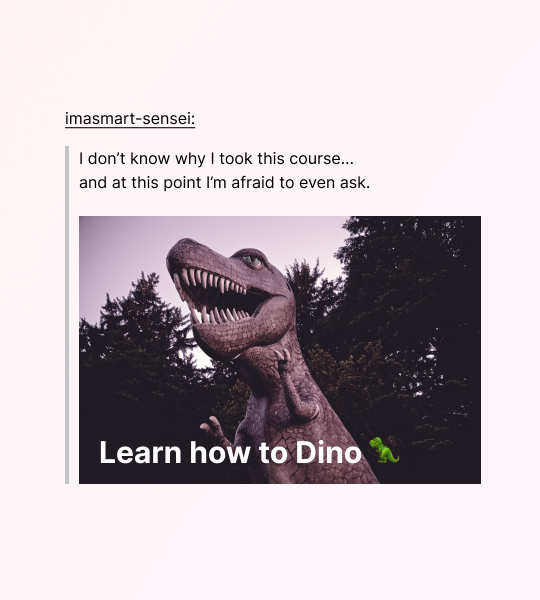
Teach about anything! There is always somebody willing to pay you for it. - By the makers of WordPress.com.
24K notes
·
View notes
Photo


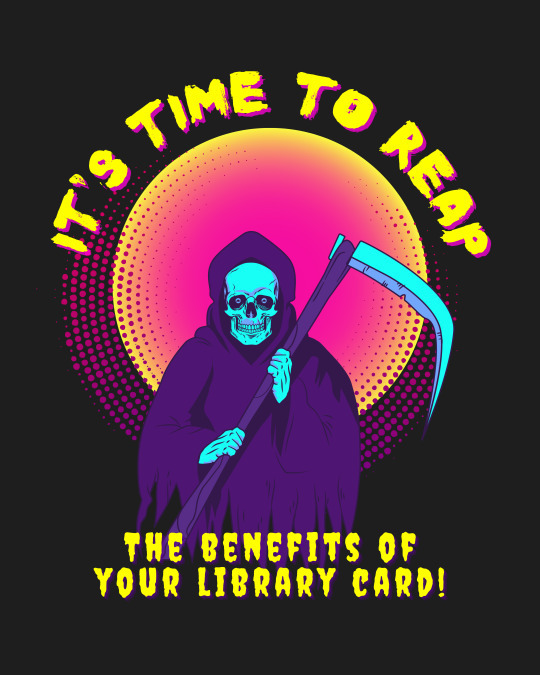
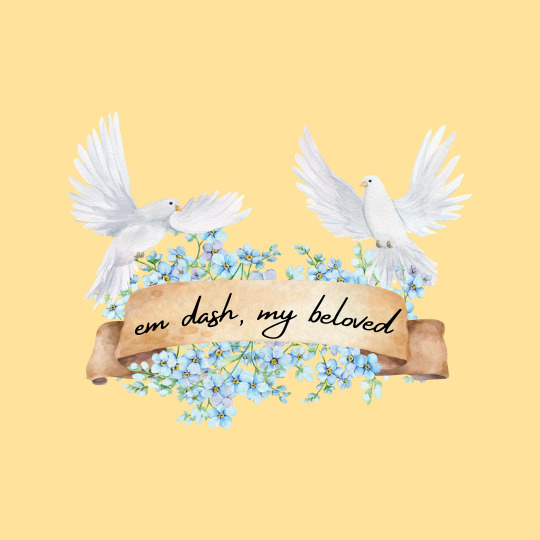
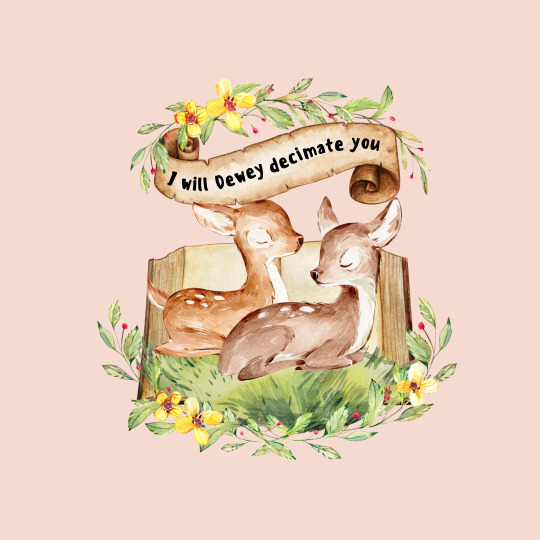
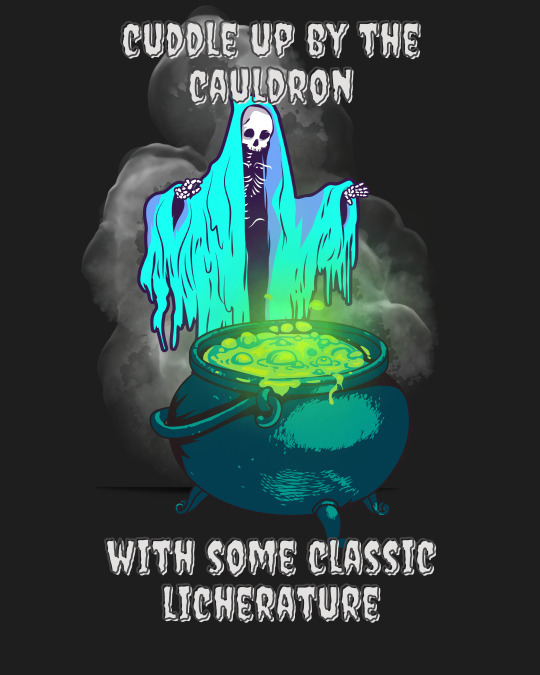
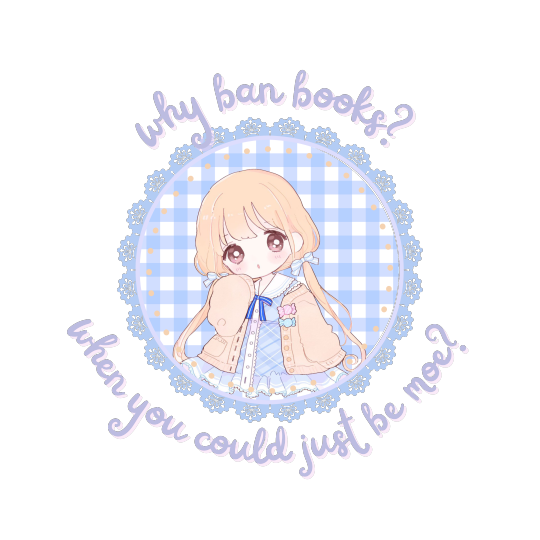
Find these quality shitpost designs and more at Library Renegade
8K notes
·
View notes
Text
Searching best practices on JSTOR
Hi Tumblr researchers,
As promised, we're going to dive into some best practices for searching on JSTOR. This'll be a long one!
The first thing to note is that JSTOR is not Google, so searches should not be conducted in the same way.
More on that in this video:
youtube
Basic Search on JSTOR
To search for exact phrases, enclose the words within quotation marks, like "to be or not to be".
To construct a more effective search, utilize Boolean operators, such as "tea trade" AND china.
youtube
Advanced Searching on JSTOR
Utilize the drop-down menus to refine your search parameters, limiting them to the title, author, abstract, or caption text.
Combine search terms using Boolean operators like AND/OR/NOT and NEAR 5/10/25. The NEAR operator finds keyword combinations within 5, 10, or 25 words of each other. It applies only when searching for single keyword combinations, such as "cat NEAR 5 dog," but not for phrases like "domesticated cat" NEAR 5 dog.
Utilize the "Narrow by" options to search for articles exclusively, include/exclude book reviews, narrow your search to a specific time frame or language.
To focus your article search on specific disciplines and titles, select the appropriate checkboxes. Please note that discipline searching is currently limited to journal content, excluding ebooks from the search.
youtube
Finding Content You Have Access To
To discover downloadable articles, chapters, and pamphlets for reading, you have the option to narrow down your search to accessible content. Simply navigate to the Advanced Search page and locate the "Select an access type" feature, which offers the following choices:
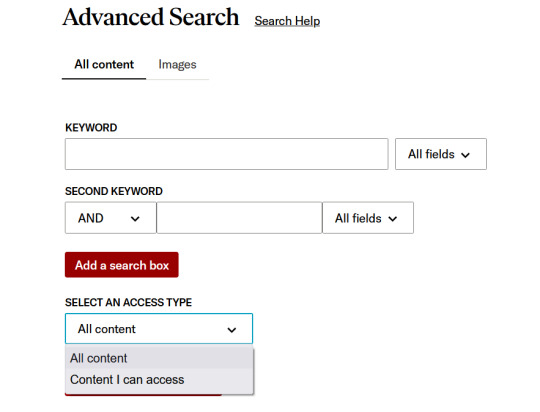
All Content will show you all of the relevant search results on JSTOR, regardless of whether or not you can access it.
Content I can access will show you content you can download or read online. This will include Early Journal Content and journals/books publishers have made freely available.
Once you've refined your search, simply select an option that aligns with your needs and discover the most relevant items. Additionally, you have the option to further narrow down your search results after conducting an initial search. Look for this option located below the "access type" checkbox, situated at the bottom left-hand side of the page.
Additional resources
For more search recommendations, feel free to explore this page on JSTOR searching. There, you will find information on truncation, wildcards, and proximity, using fields, and metadata hyperlinks.
#happy researching!!!#jstor#research#academic research#academic writing#academia#academic database#searching#higher education#students#colleges#university#learning#teaching#librarians#libraries#Youtube#studyblr#ref
2K notes
·
View notes
Text
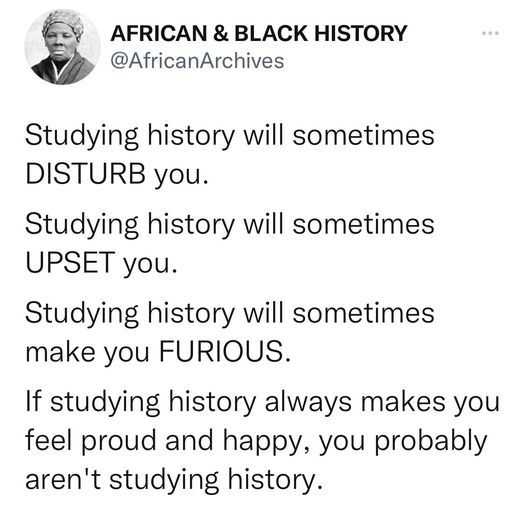
#lgbtq history#black history#world history#history#culture#anthropology#human history#archaeology#teacher#teaching#students#school#classroom#teachers#learning
6K notes
·
View notes
Text
Every day of my professional life amounts to telling teenagers variations on the following:
"Google is not a source of information. Google is a tool for locating sources of information. Google does not know anything. Google can only tell you what somebody else said they know. It is up to you to evaluate the reliability of what Google presents you with."
1K notes
·
View notes
Text
I want to share something for those of you who are teaching and want your conservative students to be more open-minded to liberal ideas that you’re presenting.
I grew up in a conservative family and a conservative town, and like most conservative kids, had been told that colleges were hotbeds of liberalism, so I was already defensive politically when I started college. My first semester or two I was really skeptical of everything political that my professors presented me with.
And then I took a women’s studies course (required at my college). And on the first day, the professor said,
“You don’t have to be a feminist. There are days when I’m not a feminist. But we’re going to discuss feminist ideas in this class, and you might find that you agree with some of them and disagree with others, and that’s fine.”
And that took the pressure off. By telling me that I didn’t HAVE to be a feminist, that I didn’t HAVE to agree, that professor started me on the road to becoming a feminist. I particularly remember her giving us information about what a huge percentage of the housework was still done by women, even in [hetero] couples where both the man and woman worked outside the home. And after that I remember saying, “I’m not a feminist, but I can see where they’re coming from.”
Within 5 years, I was claiming the term and coming out to my mom as a feminist.
So when I taught college writing, I assigned politically liberal essays to my students, many of whom came from conservative backgrounds. And before they read the first one, I would say,
“The reading for the next class--I want you to know that you don’t have to agree with it. You don’t have to agree with anything that your professors teach you in college. But the point of a college education is to have your mind opened to other points of view. So you’re not required to agree, but you are required to approach the reading with an open mind. You might find that you agree with some things the author says and disagree with others. And that’s cool! We WANT you to use your critical thinking and decide for yourself what you think about things! But to do that, you need to give people the benefit of the doubt and be open-minded to what they have to say.”
And I have to say, it worked really well for me! I remember in particular that after I assigned the essay “Black Men and Public Space”, one of my students wrote in her reading reflection,
“I was taught in school that racism in America ended with Martin Luther King. I am appalled to discover that this is not true.”
Priming your students to be open-minded, while also encouraging them to use critical thinking, can help to break down some of the automatic defenses against new ideas that students are often taught. Approaching your students’ comments during discussion with an open-minded view yourself, validating their experiences while also making gentle counterarguments, can do a lot as well.
36K notes
·
View notes
Photo

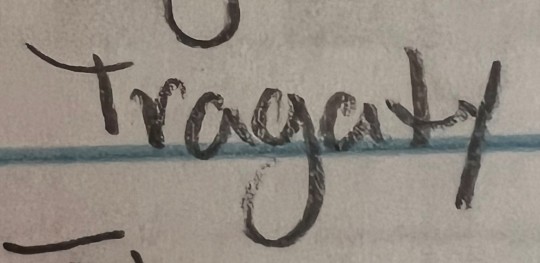
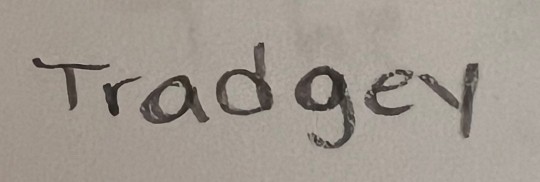
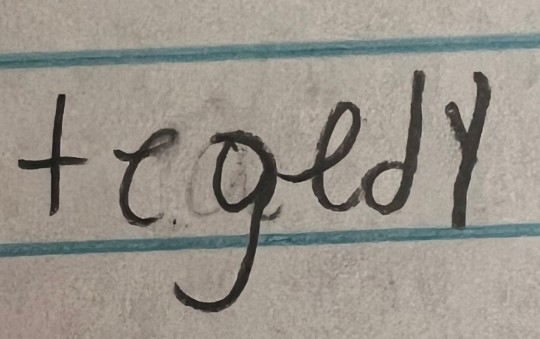
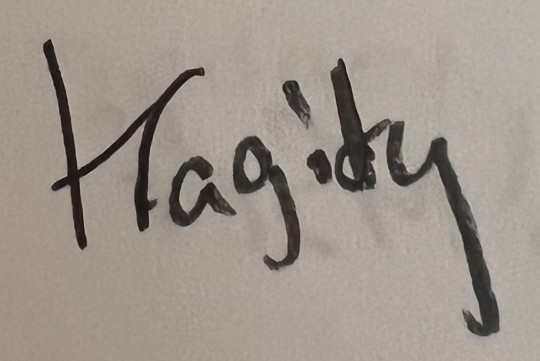
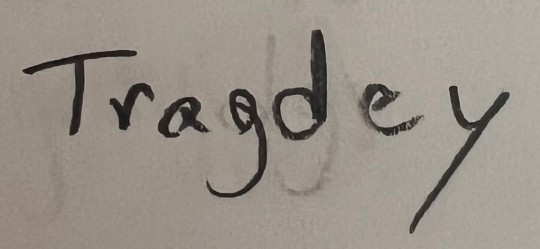
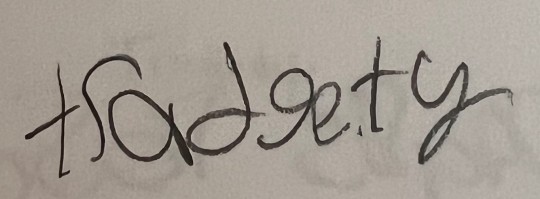
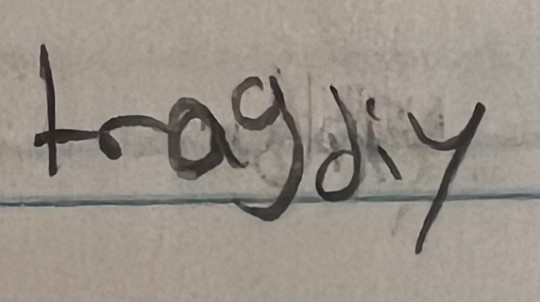

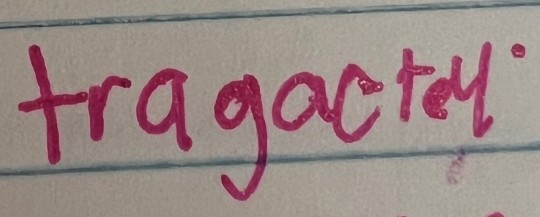
My students’ adventures in trying to spell “tragedy” for their Romeo and Juliet quiz.
#on the bright side... they did know the correct answer#i love them all to death#grading their handwritten work is an adventure though#teacherblr#teacher life#teaching#english class#english teacher#literature#grammar#romeo and juliet#william shakespeare#shakespeare#tragedy
12K notes
·
View notes
Text

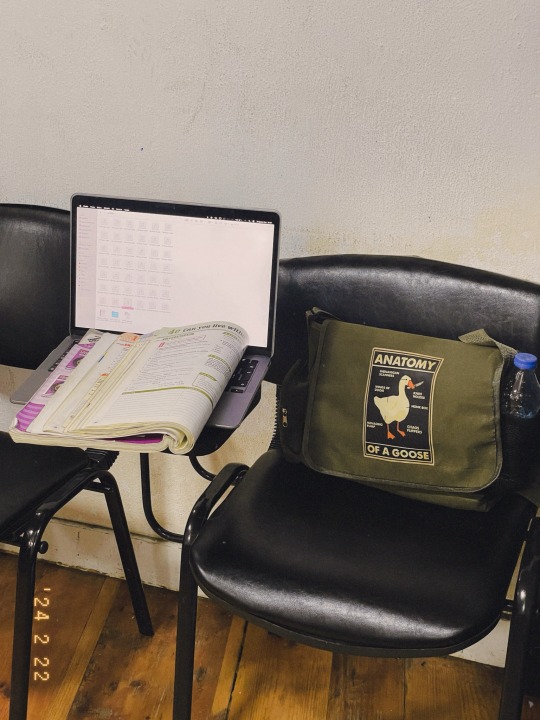


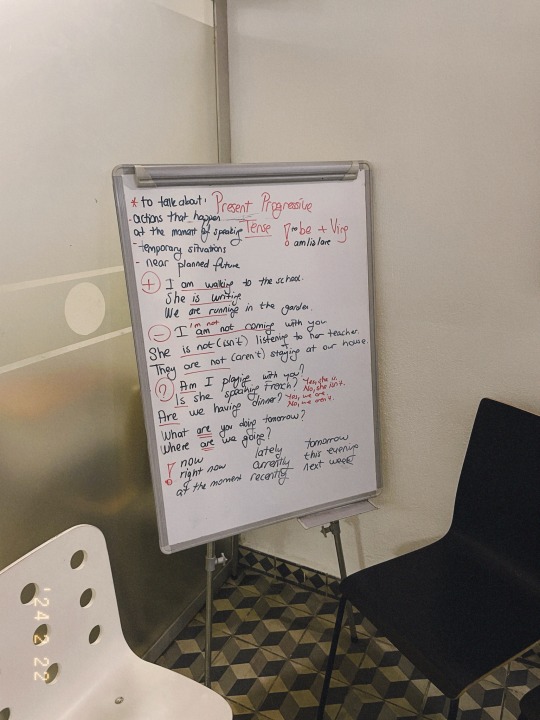

probably one of my favorite parts of teaching is preparing my own materials for my classes<3
#studying#studyblr#studyspo#studystudystudy#study motivation#study blog#studygram#student#studyinspo#need to study#study space#teaching#teacher#teaching aesthetic#english teacher#study hard#lunlunstudies
809 notes
·
View notes
Text


April 13 2024 | 🌷
It's Saturday and this was today's to do list:
- grade 8 class tests
- grade a student's presentation
- Create a vocabulary test for grade 6
- Buy furniture for new apartment: bed, mattress, doors for my TV lowboard
- Moving sorting: Throw away all university folders and materials
433 notes
·
View notes

